Tag: amendment
-
North Dakota legislature refers amendment to 2026 ballot amending term limits for state legislators approved by voters in 2022
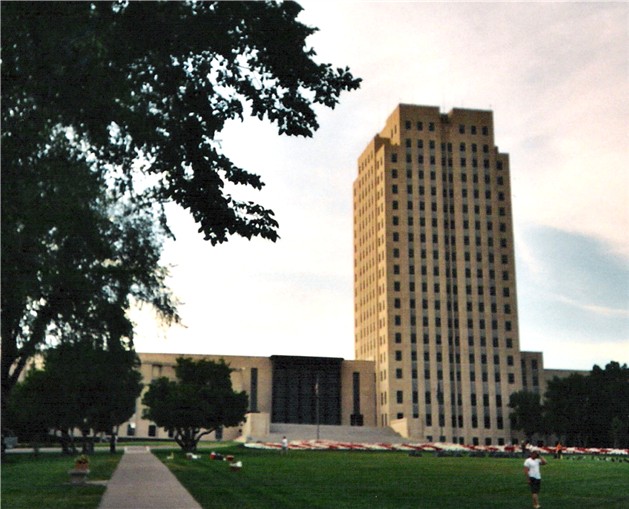
North Dakota voters will decide in Nov. 2026 whether or not to change term limits for state legislators. Under the amendment, legislators could serve four complete four-year terms (about 16 years) in the state legislature regardless of chamber. Partial terms would not count toward the limit. It would also repeal the provision of the 2022…
-
Approval rate for constitutional amendments in 2024 hits lowest level since 2005
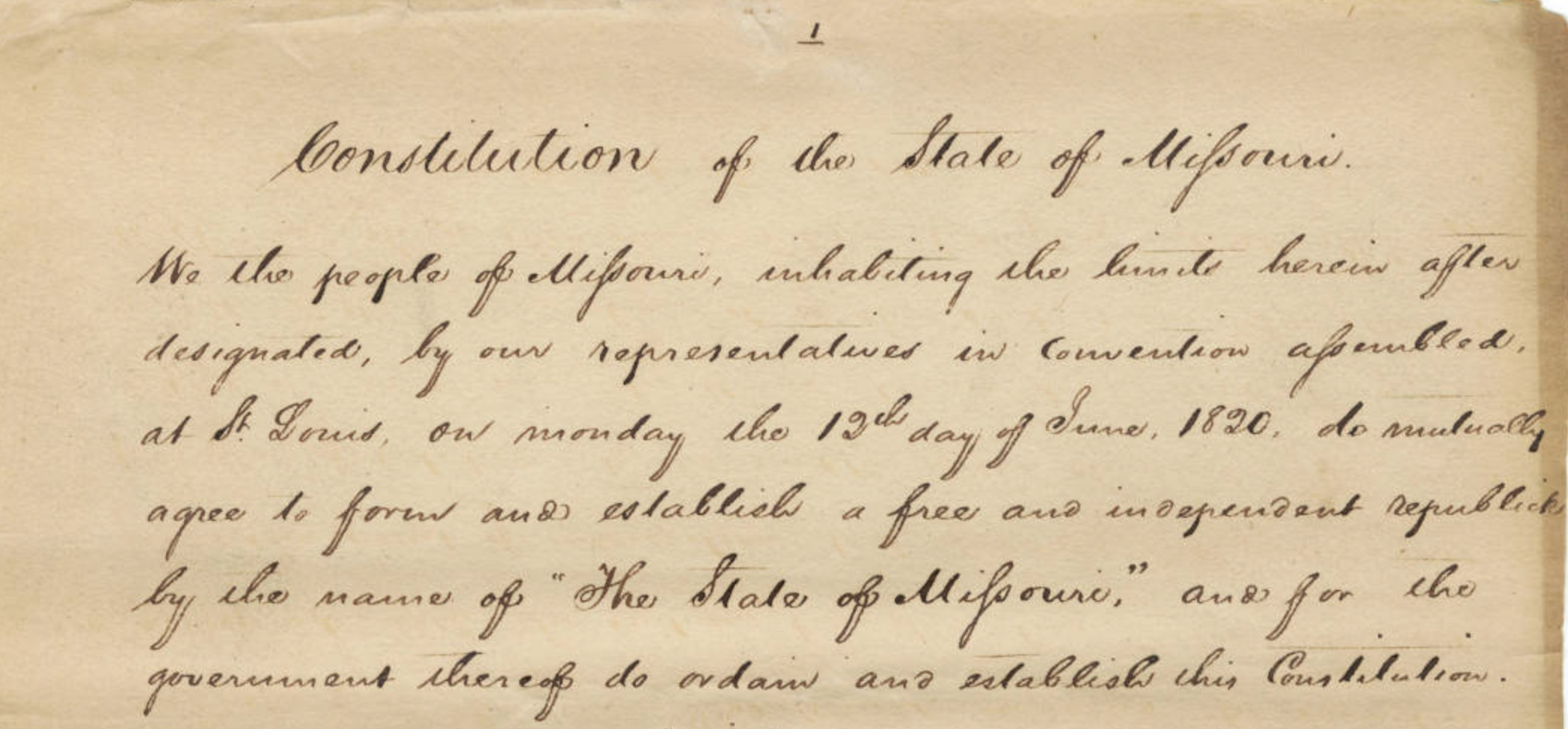
In 2024, voters in 35 states decided on 96 constitutional amendments, approving 60 (63%) and rejecting 36 (38%). The approval rate was the lowest since 2005, when voters approved 14 (54%) of the 26 amendments appearing on statewide ballots. From 2003 through 2024, odd-year election cycles featured a higher average approval rate for proposed constitutional…
-
Arizona voters to decide on amendment that would end term limits and retention elections for state supreme court and superior court judges
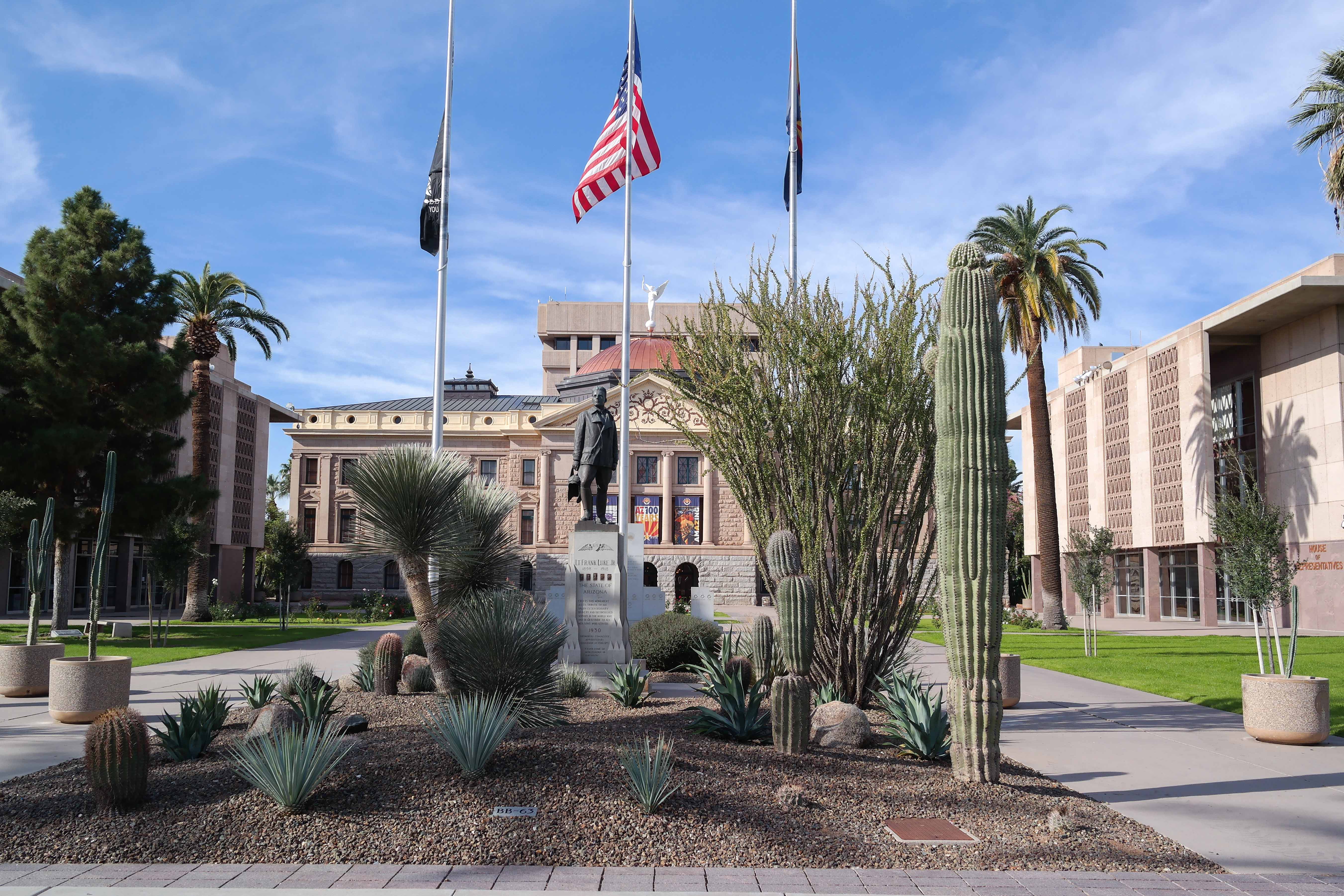
Voters in Arizona will decide on a constitutional amendment that will end term limits and retention elections for state supreme court justices and superior court judges on Nov. 5, 2024. The constitutional amendment, titled Senate Concurrent Resolution 1044 (SCR 1044), would be retroactive to Oct. 31, 2024, nullifying the results of the retention elections scheduled…
-
Louisiana state legislature refers two constitutional amendments to Dec. 7 ballot related to state legislative processes

The Louisiana State Legislature referred two constitutional amendments to the ballot that voters will decide on Dec. 7. Rep. Tony Bacala (R-59) sponsored both amendments, House Bill 48 and House Bill 49, in the State House. House Bill 48, passed unanimously by the legislature, would add a 48-hour waiting period before a concurrence vote on…
-
Kentucky voters to decide on amendment to prohibit noncitizen voting

Kentucky voters will decide on a constitutional amendment that would prohibit noncitizen voting in elections on Nov. 5, 2024. The constitutional amendment would add language to the Kentucky Constitution to provide that “no person who is not a citizen of the United States shall be allowed to vote in this state.” Noncitizens cannot vote or…
-
Kansans reject amendment to provide that the state constitution does not secure a right to abortion
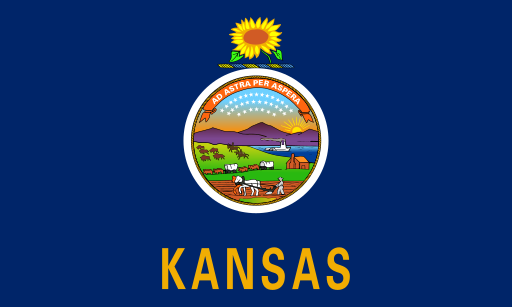
Kansans rejected an amendment to provide that the state constitution does not secure a right to abortion on August 2. With 100% of precincts reporting, the vote was 58.78% ‘No’ to 41.22% ‘Yes’. Based on unofficial results, 908,745 people voted on the constitutional amendment compared to 727,360 in the gubernatorial primaries and 718,545 in the…
-
Election officials in Kansas expect higher voter turnout at Aug. 2 primary due to abortion amendment
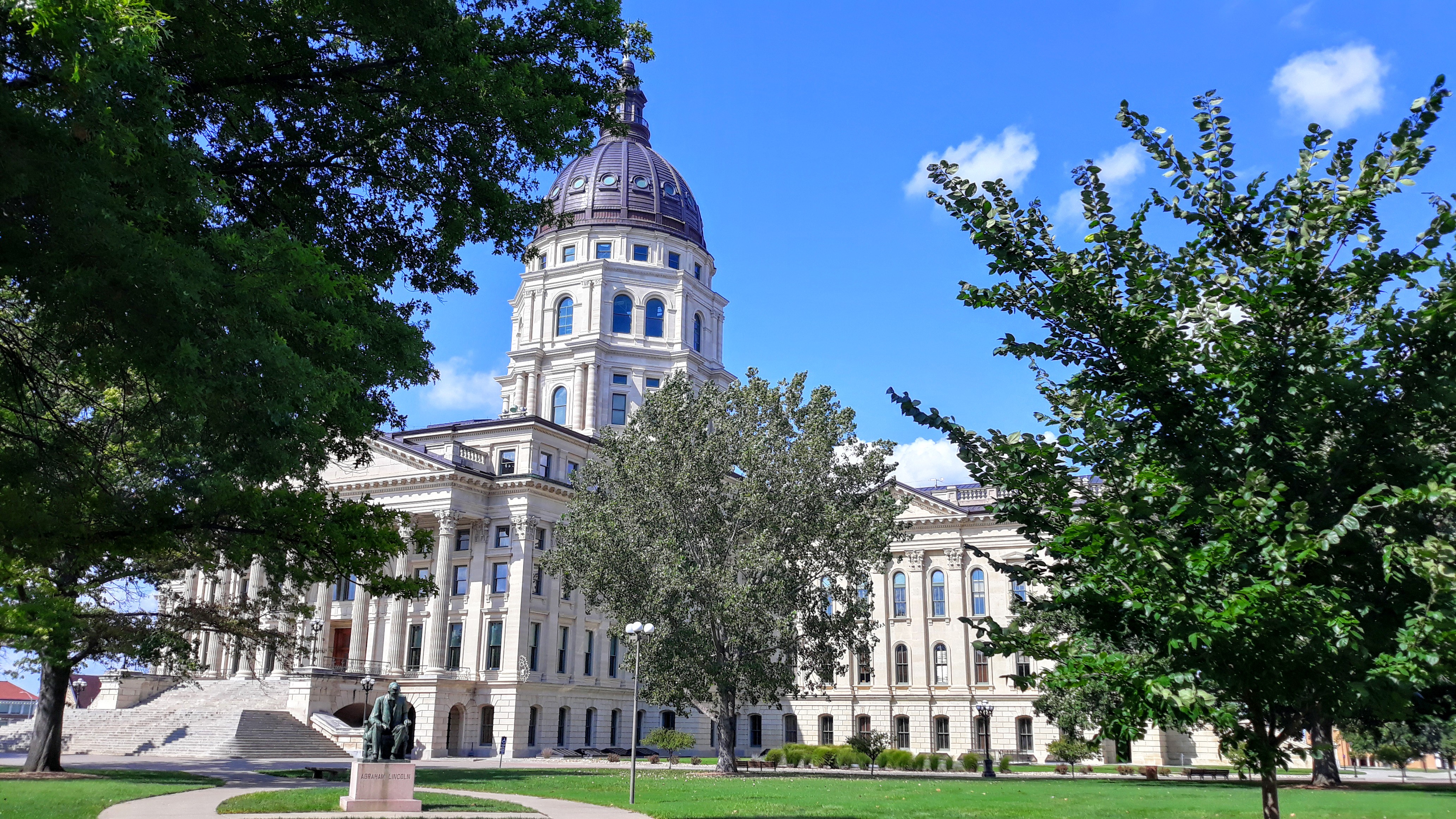
On August 2, Kansans will vote on political parties’ nominees for federal and state offices, as well as an amendment to provide that the state constitution cannot be interpreted to create or secure a right to abortion. The ballot measure could increase turnout above that for previous midterm primaries in recent years according to Fred…
-
Kansans will vote on the first abortion-related measure on August 2 following SCOTUS ruling

On August 2, Kansans will decide on a constitutional amendment to state that nothing in the Kansas Constitution creates a right to abortion or requires government funding for abortion. It would also say that the legislature has the authority to pass laws regarding abortion. In 2019, the Kansas Supreme Court ruled that the Kansas Bill…
-
Previewing Tennessee’s August 4 local ballot measures
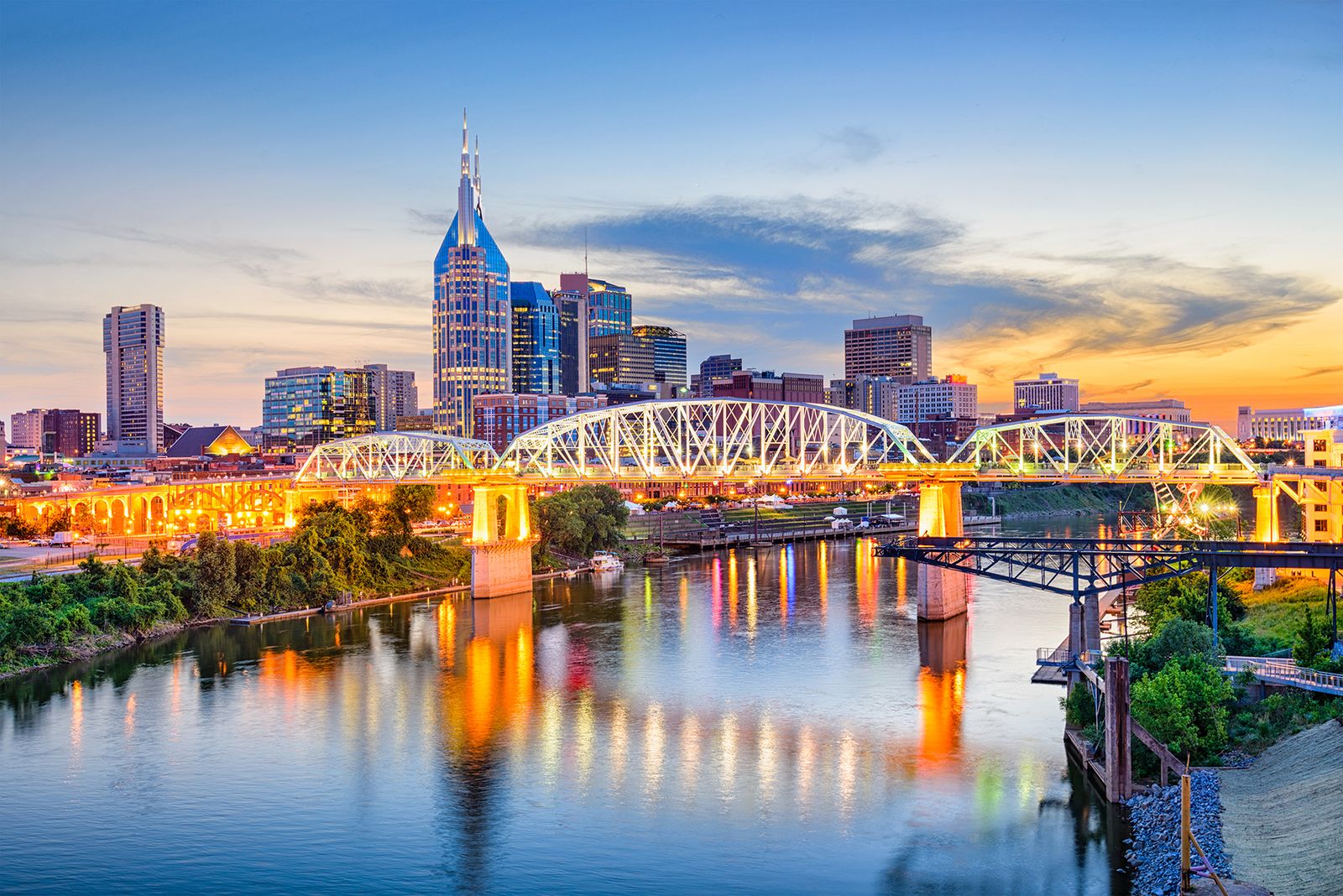
Voters in Nashville and Memphis are heading to the polls on August 4 to decide on five amendments to their cities’ charters. Memphis voters will decide on one charter amendment. If passed, the Memphis measure would increase the term limits of the city council and mayor to three 4-year terms rather than the current two…
-
New Mexico voters will decide whether to increase funding for early childhood education and public schools
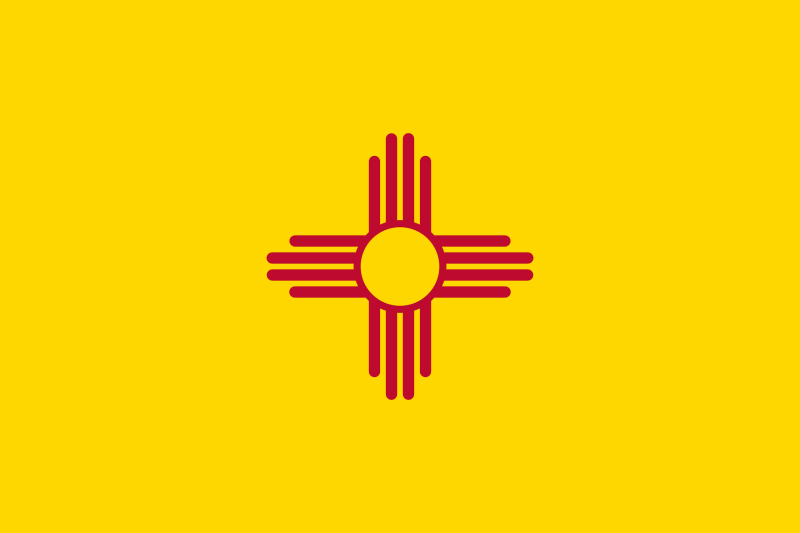
On March 18, the New Mexico State Legislature voted to send a constitutional amendment to the ballot that would allocate 1.25% of the five-year average of year-end market values of the money in the Land Grant Permanent Fund (LGPF) to early childhood education and the public school permanent fund. Revenue in the LGPF comes from…

